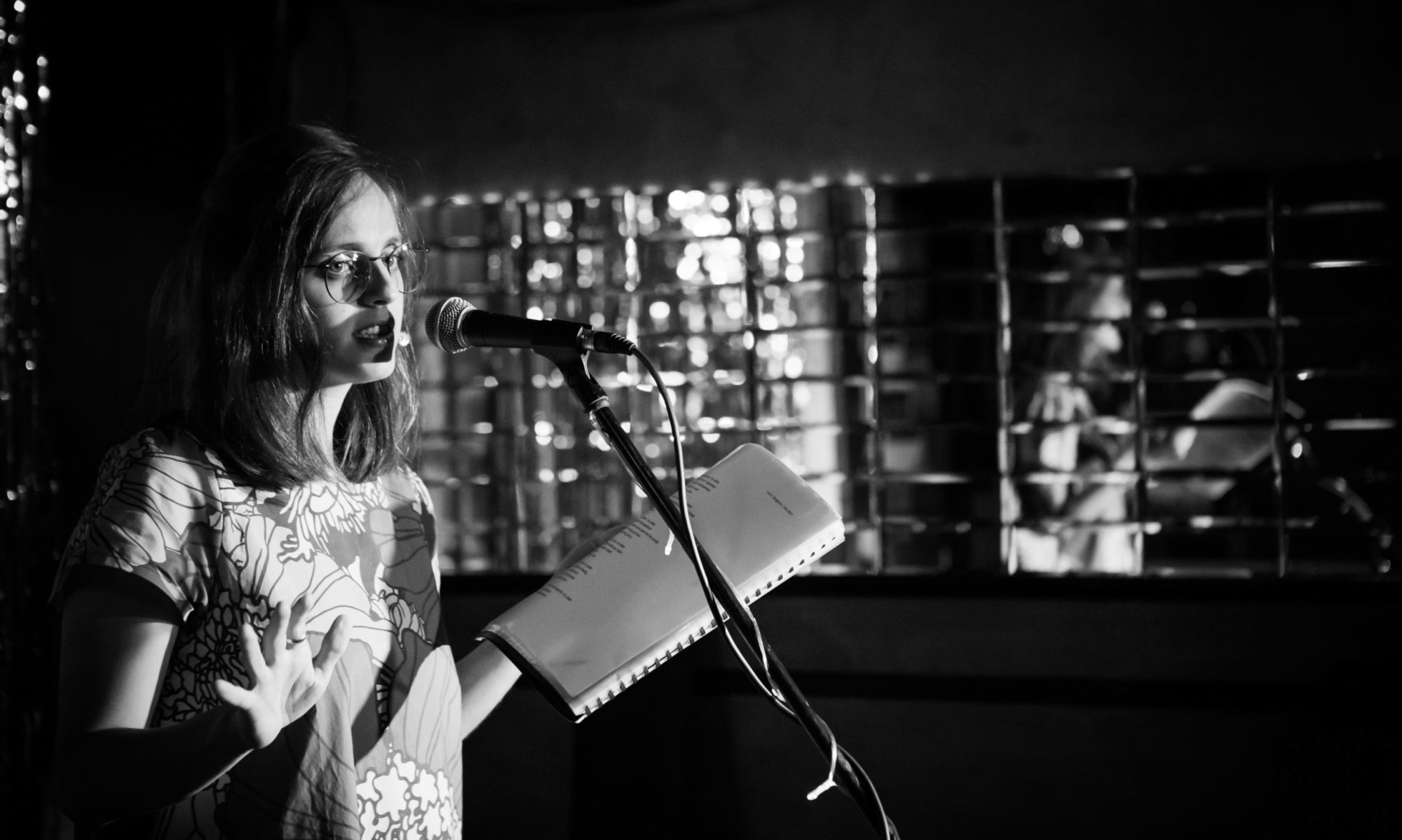Have you ever been told to ‘reach for the stars’?
It feels in a way, like I’ve reached one star at least. This isn’t to say that I’ve achieved everything I’ve ever wanted or that I don’t have more dreams, but a few big dreams have recently come true. Thought I’d reflect on how it feels.
A few weeks ago a piece that I pitched and wrote was published by the ABC. It was a huge thrill to see my words (and picture!) on the main news website. This isn’t even a dream I dared to express to anyone until it actually came true.
![[Image description: an open laptop on a timber dining table. On the screen is the main page of the ABC news website, with Liel's picture under the title 'Featured'. The title under her photo reads 'Our literary world still has a long way to go for disability representation in fiction.']](https://i0.wp.com/lkbridgford.com/wp-content/uploads/2022/03/IMG_2748-1.jpg?w=525)
[Image description: an open laptop on a timber dining table. On the screen is the main page of the ABC news website, with Liel’s picture under the title ‘Featured’. The title under her photo reads ‘Our literary world still has a long way to go for disability representation in fiction.’ Next to the laptop is a mug with a teabag, and beyond the table are children’s toys and laundry.]
When it came true, on January 4th, I wasn’t just thrilled, but also shocked by seeing myself on the front page of the news website and by all the lovely messages people sent me (“You’re in the news!”). I was also petrified of the responses to my piece (that you can find here).
I was scared for a few reasons. Firstly, the location of the piece meant many people would see it (not necessarily read though). I’ve never written to such a large, diverse audience before. Secondly, the topic I’ve chosen to explore is pretty taboo – ableism and other barriers to publishing isn’t something I see discussed often, and certainly not in mainstream media. And of course – aspiring to be a part of the publishing/writing community and industry means that criticizing it could be a dangerous, some may say foolish, act.
It was reassuring to have interviewed two incredibly talented disabled authors in preparation for this piece. Both Kay Kerr and Jessica Walton have been so generous with their time and perceptions – it has made the piece possible to write. Their input has provided very necessary context and support for my ideas. I’m so thankful to them both for agreeing to talk to me about such a personal and important topic.
The day of publication was filled with butterflies in my stomach and hastily reading people’s reactions to it. Of course I knew this was a huge thing, and a dream come true, but still I couldn’t quite taste the star that I was so grateful to be near. It was like touching the end of sparkles on a birthday cake – I was too scared to get my fingers close, whilst barely feeling the bright, captivating light.
Two months later another huge dream came true, when the book We’ve Got This – Stories by Disabled Parents came out. A piece of my writing is published in this anthology, and unlike the ABC article, I’ve known the day would come for a while.
I was also scared about this chapter being published, but somehow less so. Maybe because I’ve had longer to digest the idea that this will be published, or maybe because my words are printed in between words of others – and it somehow made me feel protected. The wisdom and humor of many talented writers and advocates surround mine in this anthology, and I feel privileged to be a part of it. (You can buy the book here).
Seeing my words printed in a book is like getting right into the centre of a star I’ve been dreaming of for decades. I’m so thankful to Eliza Hull for creating such a wonderful collection, and for Black Inc. books for believing in the importance of our stories.


![[ID- Liel holding the book We’ve Got This: Stories by disabled parents in their hands. They’re wearing a flowery shirt and has a wide smile on their face.]](https://i0.wp.com/lkbridgford.com/wp-content/uploads/2022/03/D72167F5-7CD4-4868-9FF4-7993CADD5C59-5.jpg?w=525)
Reflecting on both of these huge milestones leaves me feeling like I’m floating near the stars- those I’ve been told to reach for. I’m trying so hard to taste it, savour the feelings and sensations this place brings in me.
Imposter feelings still linger – that I’m still not a ‘real’ writer, or that this will be my ‘last shot’ and other similar statements float in my mind. I choose to let those thoughts go, and focus on what’s in front of me: I can see the shimmer of the star right here, and feel the beating of my passion in my heart. And that’s ought to be enough.
Liel K. Bridgford
P.S. if you’re around, there’s a book launch event on March 31st. I’ll be speaking with Eliza Hull about We’ve Got This and my experiences at Readings Hawthorn (Woiworung Country) at 6.30pm. The event is free and there’ll be time for questions and get a book signed. Book a ticket here.

![[ID: a photo of Liel sitting at a wooden desk in front of an open laptop and a large microphone. She is smiling, looking down at the laptop and is wearing a black top, brown glasses and a white watch.]](https://i0.wp.com/lkbridgford.com/wp-content/uploads/2021/09/IMG_4896.jpg?w=525)
